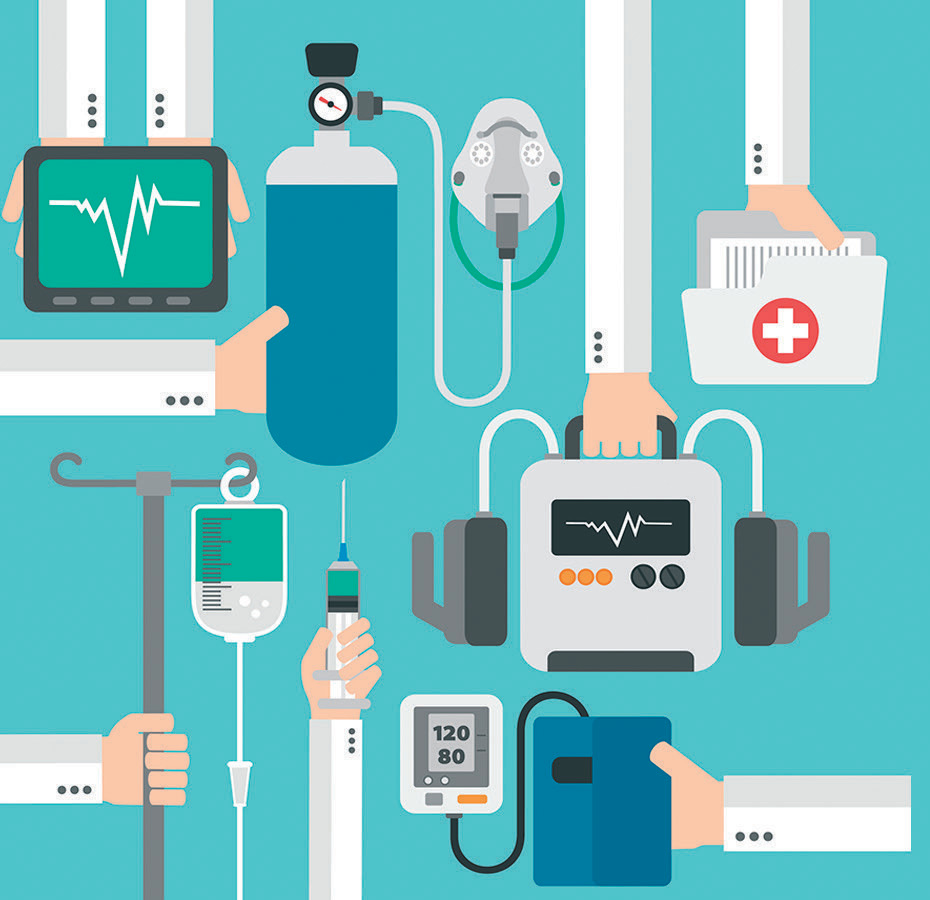
PPEC cares deeply about the health and safety of our members. As much as we would like to be able to keep your power available every moment of every day, unavoidable power outages due to severe weather, a nearby accident, or excessive demand on the electric grid (see page 5) could leave you without power for hours or even days. We encourage all of our members — and in particular, those with special health needs — to develop an emergency plan in case of a power outage.
PLAN AHEAD
- Talk with your family, friends, and neighbors about what you would do in the event of a long power outage. Do you have an alternative place to stay? Does your town or city have an emergency shelter?
- Many medical devices, including breathing machines, power wheelchairs, oxygen, and home dialysis equipment, use electricity or are battery-dependent. Some equipment is vital to keeping you alive! Read the equipment instructions and talk to the equipment suppliers about your backup power options.
CELL PHONE
- Keep your cellphone charged so that you can call for help or be reached by someone else.
BATTERIES
- If your devices are battery-operated, make sure you have extras on hand and check them periodically — unused rechargeable batteries may need to be charged.
- Portable battery packs will supply hours of energy.
USE THE CAR
- Can your devices be plugged into or recharged through the power outlet in your vehicle? If you plan on using your car for your backup power, make sure you keep the fuel tank at least half full.
- For your safety and to prevent the buildup of dangerous gas, do not run your vehicle while it’s in the garage.
GENERATORS
- Consider whether your needs require you to invest in a generator for your home. Begin by identifying your basic electrical needs in the event of a power outage and calculating the number of watts you’ll need. You may want a generator that produces more power than all the equipment combined plus the initial surge when it is turned on. Contact an electrician to determine your energy needs. There are two types of generators: standby and portable.
Standby generators are installed by a professional and tied directly to your home power panel. They are typically powered by natural gas or propane and will start automatically when the power goes out.
- An approved generator transfer switch, which keeps your generator separate from the electric co-op lines, must be installed by a professional.
Portable generators are usually gas-powered and can be moved around. They must be used outside the home. Make sure you keep enough fuel on hand to last at least 24 hours.
- Start the generator before connecting appliances.
- Operate your generator once a month for at least 10 minutes to ensure that it is running properly.
- Keep it in an area that is easily accessible and weatherproof.
MEDICATIONS
- Do you have medications that need to stay in a cool, dry place? If the power goes out, a refrigerator should hold its temperature for two to four hours, if you keep it closed.
- After four hours, empty the ice from the freezer into a cooler and keep your medication in that cooler. It should be safe in there for a day or two.
If you have any questions about developing your emergency plan in the case of a power outage, please call us at 800-686-2357.



